How to support learners' metacognition through e-learning
Hello, my name is Morishita from Development Department. I'm a newbie programmer who has been with the company for two months.
I'll get right to it, gentlemen."Metacognition.Have you ever heard of Metacognitive ability" is getting a lot of attention now because it is said to be effective in improving work ability.
What skills and why do they improve your work performance? There are other factors besides job skills that are necessary to perform your job effectively. One of them is "metacognition". In this paper, we will introduce the relationship between "metacognition" and "e-learning".
Content
- 1. what is metacognition?
- 2. why is metacognition attracting attention in the field of learning?
- 3. the relationship between e-learning learning and metacognition
- 4. learningBOX is full of features that can promote such metacognition!
- 5. Summary
What is metacognition?
"Metacognition.It is the ability to take a step back and grasp your thoughts and actions from a higher perspective than you are currently thinking about or working on something.
Since the concept was proposed by J.H. Flavell in the 1970s, it has been widely recognized in the fields of psychology, brain science, and education.
If you are able to properly evaluate your own learning activities, you will be able to continue to learn effectively. This is often referred to asMetacognitionThis is explained by the concept of
Recently, a joint study by Benesse Holdings and the University of Tokyo (March 2019 Press ReleaseAnd, wow, according to that study...It was reported that high school students whose grades increased had (or came to have) "metacognition," the ability to view their own learning objectively.Did you all know that "metacognition" has something to do with improving grades? And according to these studies.I know what you don't know.and "What are we working on?It is said that the key to smooth learning is whether or not you are aware of such things as
In addition, self-assessment in learning is"metacognitive activity.Endo (2018) of the University of Fukui states the following as
People check and inspect their own cognitive processes as metacognitive monitoring, and based on the results of monitoring, they improve and adjust their cognitive activities as metacognitive control. This metacognitive activity is the core of the self-evaluation activity.
Tanaka, Koji (ed.), Endo, Takahiro (2018). Understanding Educational Evaluation, 2nd Edition, Minerva Shobo (V-5. Self-evaluation of children, p. 61)
A model of metacognitive activity
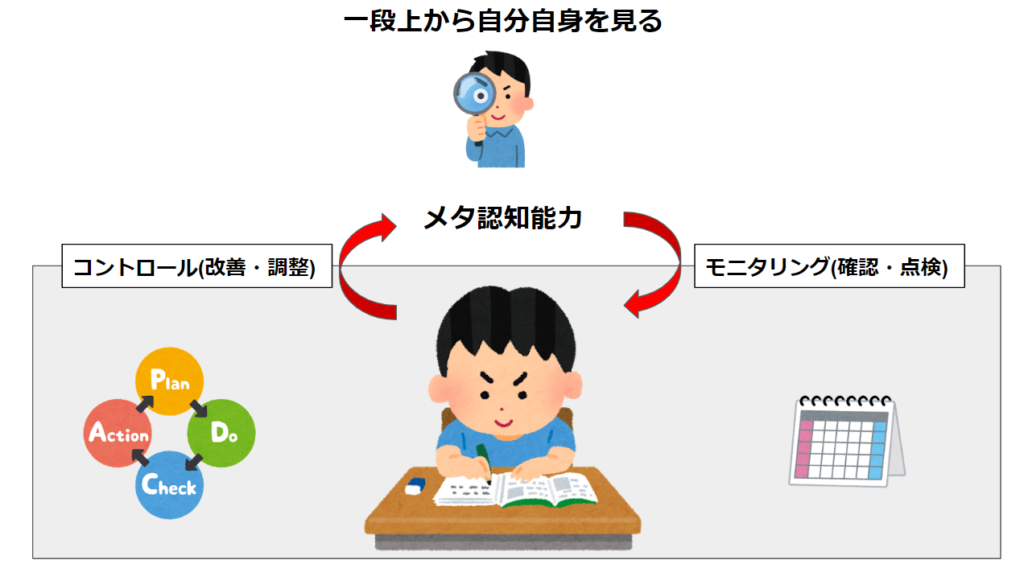
Your other self is observing (monitoring) yourself from a higher perspective and modifying (controlling) your thoughts and actions. This is also true in our daily lives, when we try to control our words and actions by taking an objective view of ourselves.
Why is metacognition getting so much attention in the learning field?
In the first place, humans are...
There are not many people who can evaluate themselves objectively (very difficult).
The same can be said for "study and learning".
Because we are not able to evaluate learning goals and learning status "objectively".
⇒That's where "metacognition" comes into focus.
While you belong to the school, your school teachers will evaluate you. When you become a member of society, "senior employees" will teach you the knowledge and skills necessary for work and the rules of being a member of society. In a big company, there may be "OJT staff" or "Mentor System".
However, it is usually rare to find someone who is always around to evaluate your progress. Especially the more complex the assignment, the moreYou need to judge and correct yourself many times whether the work content and your way of doing things itself are really appropriate or not.
Improved metacognition has a significant impact on learning effectiveness
Here are some examples of how metacognition has impacted learning effectiveness.
Case 1: "Tracking the Same High School Students for Three Years: 'Metacognition' Helps Raise Grades
Using three-year follow-up data (703 children) of children who graduated from high school in March 2018, we looked at changes in each child and found that high school students whose grades increased had (or came to have) intrinsic motivation to learn and goals for the future, as well as "metacognition" to view their learning objectively ( In addition to having (or coming to have) an intrinsic motivation to learn and future goals, they also have (or coming to have) "metacognition" ("metacognitive strategies") that allow them to view their learning objectively. This tendency was particularly pronounced among those who passed the entrance examinations for difficult-to-enter universities, suggesting that the presence or absence of "metacognition" is effective in achieving high learning outcomes, such as higher grades and university acceptance. (References:Benesse Institute of Education)Case 2: Metacognition is involved in the environment and work necessary for the child's growth process
Children whose grades changed from the second to the third year of high school were "high all the time" or "high all the time" were more likely to use study methods (metacognitive strategies) such as "redoing questions they got wrong on tests" and "studying while checking what they don't understand. In addition, children whose grades had "increased" were more likely to use these study methods.
(References:'Metacognition' has a positive effect on performance.)
Review of metacognitive skills
By improving metacognitive functions, students can develop the ability to analyze what is known and to evaluate and give feedback on the arrangements and work processes necessary to solve problems. Appropriate monitoring and control can be expected to enhance learning effectiveness.
If your learning goals are unclear, you won't know how to study. It is also a factor of frustration if the scope of the study is not clearly defined or if you start with something that is too difficult.
Have you ever thought, "I've studied a lot, but I haven't learned as much as I thought I would..."?
It's...You may not be able to evaluate and understand your own learning situation in detail.
The relationship between e-learning learning and metacognition.
E-learning can be used to enhance the metacognitive skills needed for learning.
The e-learning system can quantify and visualize performance data and learning status.
You can freely set the "learning course" according to the level and goal of the learner.
The chart function, which allows you to analyze your performance management in detail, allows you to see at a glance the type of learning progress you are making (rush type, study habit type, run ahead type, etc.)
➡You can "further enhance your metacognitive abilities" by understanding your own learning process and setup!
It is difficult to maintain a consistently high level of metacognition while learning, and it is hoped that e-learning can play a part in metacognitive activities to help improve learners' metacognition, which in turn will lead to more effective learning outcomes.
The learningBOX has all kinds of features that can promote that kind of metacognition!
With learningBOX's grade tracking feature, you can easily track your learners' progress. It can help you monitor learners accurately by quantifying and graphing their progress and grade dates.
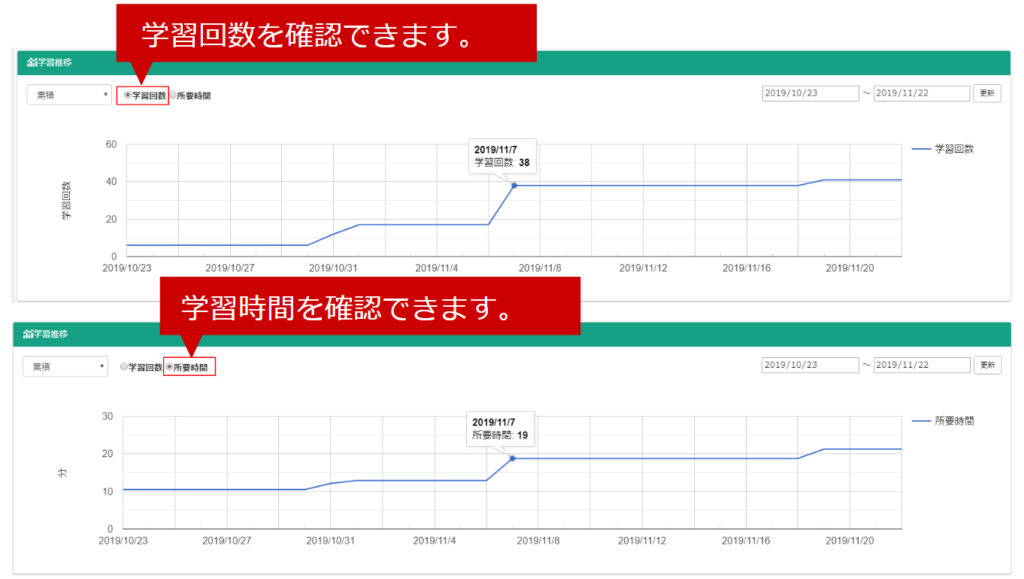
You can also quickly check your personal performance information.
In this issue, we will use the "Information Security Training" used in Tatsuno Information System's training programs.
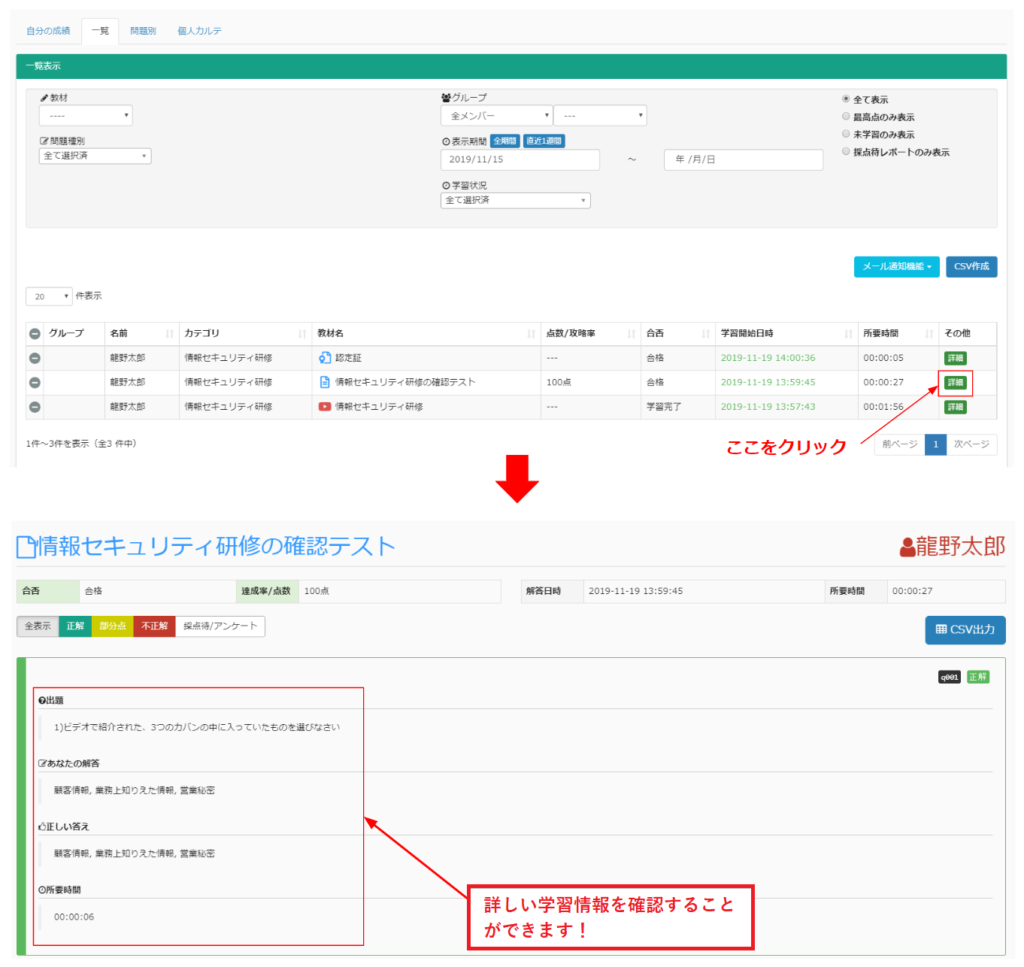
By actively using e-learning for learning activities, the learning status of each time can be accurately visualized. It not only stabilizes the accuracy of monitoring, but alsoIt also reduces the burden of monitoring on the learner, allowing them to focus on appropriate control and higher-order monitoring (their own more detailed thought processes).It is expected to support the improvement of learners' metacognition.
Learners can easily check their grades and progress on their smartphones!
→You can visualize your learning status by using the performance management function.
Learners' grades and progress can be used as a resource for course creation!
→Easy to create courses and set up groups according to learners' levels
Great for creating questions to check your understanding of tests and exams!
→Even if you are not good at computer operation, you can create quizzes and exam questions from the day you read the manual.
In addition to grade management, learningBOX has many other content features that support and follow the education of learners! For more information about features and settings, please click here hereYou can find out more about it in
If you want to promote metacognition, be sure to register as an owner on learningBOX today!
Summary
In this article, we introduced the metacognitive skills that are necessary for effective work performance. Proper self-assessment is necessary to produce effective learning outcomes.
Metacognitive activities, which are the core of self-evaluation, are important for "control" (improvement and adjustment) based on the results of "monitoring" (confirmation and inspection). e-learning visualizes (dataifies) the learning situation and supports accurate monitoring of learners.
- Security Training Using e-Learning to Prevent Information Leakage
- Using e-learning to combat power harassment
Comment ( 0 )
Trackbacks are closed.
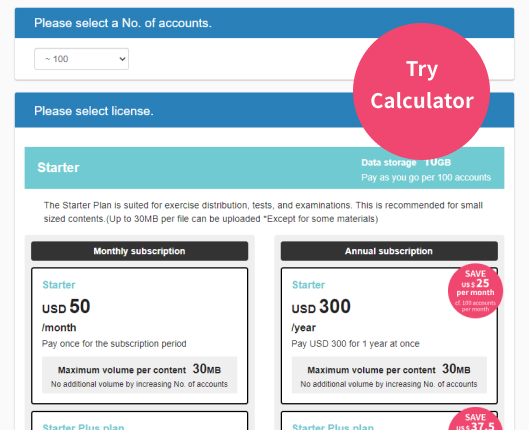


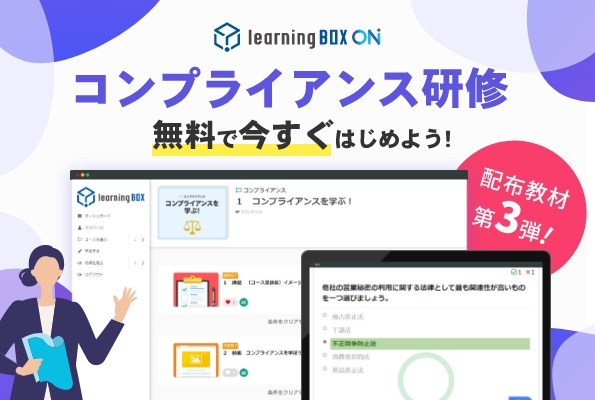


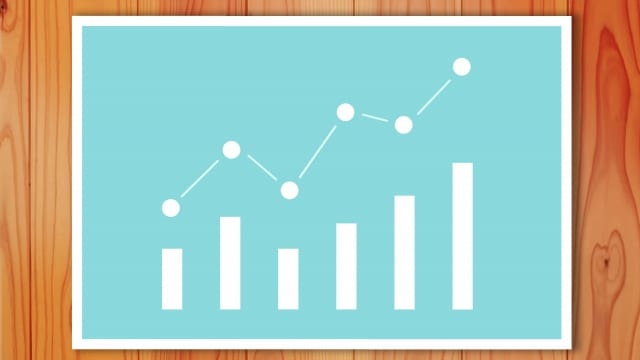

No comments yet.